By Bafana Phalane
Malusi Gigaba made a resounding return to the national spotlight in Parliament during the urgent debate on the Democratic Republic of Congo (DRC) conflict and the involvement of the South African National Defence Force (SANDF) in the region. As questions swirled about his political future, some even speculating about his possible alignment with former President Jacob Zuma’s MK Party, Gigaba’s composed and eloquent address reminded many of his stature as one of South Africa’s most seasoned politicians. His intervention was not only a reaffirmation of South Africa’s commitment to peace and stability on the continent but also a poignant tribute to the men and women of the SANDF who have risked and sacrificed their lives in pursuit of these ideals.
Gigaba took the opportunity to emphasize the importance of honoring the sacrifices made by the SANDF personnel deployed in the DRC. In a moment that resonated deeply across party lines, he extended an emotional message of condolences to the families of fallen soldiers, acknowledging the pain and loss they have endured. He submitted that these men and women are not merely soldiers but national heroes, embodying the spirit of service and selflessness.
“We must never overlook the sacrifices of our brave,” Gigaba stated solemnly. “They stand as evidence of our commitment to peace, and their acts of heroism reinforce our sense of nationhood and solidarity with our African brothers and sisters.”
His words were a clarion call to the nation, reminding South Africans that their security is deeply intertwined with the stability of the region. He commended the SANDF for extending their hand in good neighborliness, fulfilling South Africa’s moral and historical obligations to the continent.
A scholar of African history and policy, Gigaba rooted his argument in the foundational principles of the Freedom Charter, specifically its call for peace and friendship. He emphasized that South Africa’s foreign policy has always been guided by the principle of fostering continental unity, a legacy inherited from the country’s liberation struggle.
“South Africa does not exist in isolation,” he declared. “The Freedom Charter reminds us that there shall be peace and friendship. Our interventions are not acts of aggression but of solidarity, a reaffirmation of our commitment to African unity and stability.”
By invoking the Freedom Charter, Gigaba placed South Africa’s involvement in the DRC within a broader historical and ideological framework, countering arguments that the deployment of SANDF troops is unwarranted or detrimental to national interests.
Gigaba further linked South Africa’s peacekeeping efforts to the African Union’s Agenda 2063, a visionary framework aimed at achieving a peaceful, integrated, and prosperous Africa. He reiterated that South Africa has consistently played a leadership role in promoting diplomacy, conflict resolution, and sustainable development as the foundation of enduring peace.
“Our peace and prosperity are inextricably linked to that of our neighbors,” Gigaba argued. “The vision of Agenda 2063 to silence the guns and create a conflict-free Africa is not just aspirational, it is imperative. South Africa has a responsibility to uphold this vision, and our role in the DRC is a reflection of that commitment.”
His remarks highlight the long-term strategic importance of South Africa’s involvement in peacekeeping missions, framing it not as a political maneuver but as a necessity for regional and continental stability.
Gigaba’s firm stance put him at odds with opposition parties such as the Economic Freedom Fighters (EFF) and the MK Party, both of whom called for the immediate withdrawal of SANDF troops from the DRC. These parties argued that South African soldiers were being sent into a conflict that does not serve national interests and that their deployment placed unnecessary risks on their lives.
In response, Gigaba and his fellow ANC comrades, including Minister Angie Motshekga, rejected these arguments, standing firm in their belief that South Africa has an obligation to support its neighbors. His rejection of calls for withdrawal was a moment that rekindled memories of his past political prowess, particularly his ability to articulate complex policy positions with clarity and conviction.
For many, Gigaba’s speech was a reminder of why he has long been considered one of South Africa’s most influential political figures. Once praised by former President Thabo Mbeki for his intellect and eloquence, Gigaba’s presence in the parliamentary debate demonstrated that he remains a formidable force in the country’s political landscape.
Despite a period of relative political quiet, his performance in the debate reaffirmed his ability to command attention and shape national discourse. His measured approach, coupled with a deep understanding of South Africa’s foreign policy imperatives, distinguished him from other politicians who rely on populist rhetoric rather than substantive argumentation.
Gigaba’s parliamentary intervention on the DRC conflict and SANDF’s role was more than just a policy address, it was a statement of intent. It signified his continued relevance in South African politics and showcased his enduring commitment to the country’s role on the African continent.
His rejection of populist calls for troop withdrawal, his invocation of the Freedom Charter, and his alignment with the African Union’s Agenda 2063 painted a picture of a politician deeply engaged in Africa’s future. Whether this signals a broader political resurgence remains to be seen, but one thing is clear: Malusi Gigaba is far from politically finished.
As one Twitter user aptly put it, “He remains one of the most articulate and composed politicians of our time. Say what you will, but Gigaba’s return to the national conversation is a reminder of his enduring political acumen.”
With South Africa navigating complex geopolitical challenges, voices like Gigaba’s—rooted in diplomacy, historical awareness, and strategic vision—may yet prove invaluable in shaping the country’s foreign policy and regional engagements in the years to come.
Bafana Phalane: Founder and Editor @ Maverick Point.
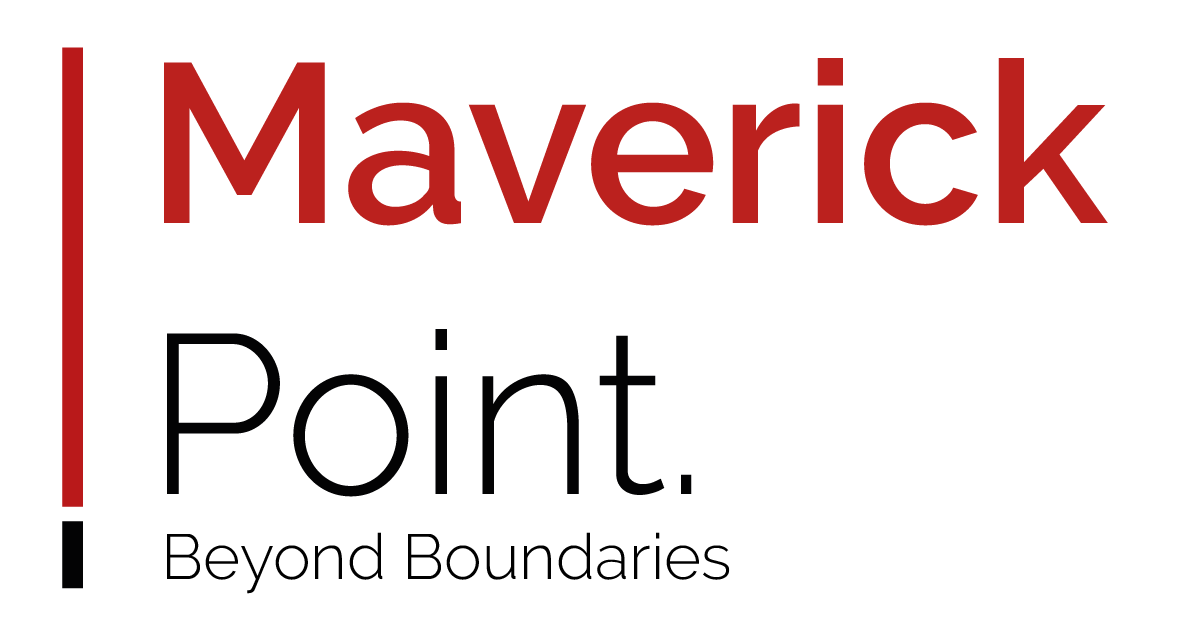

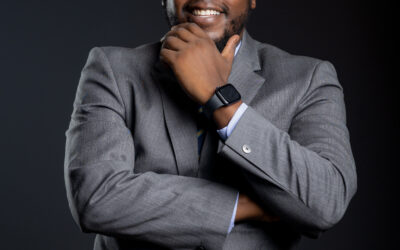
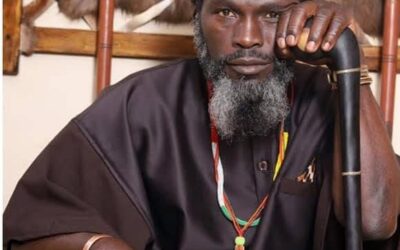

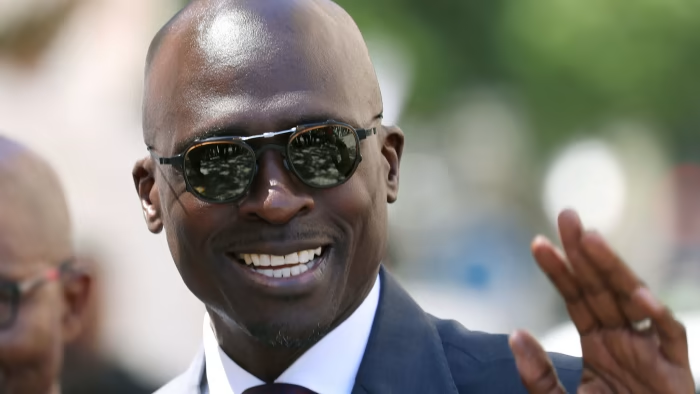
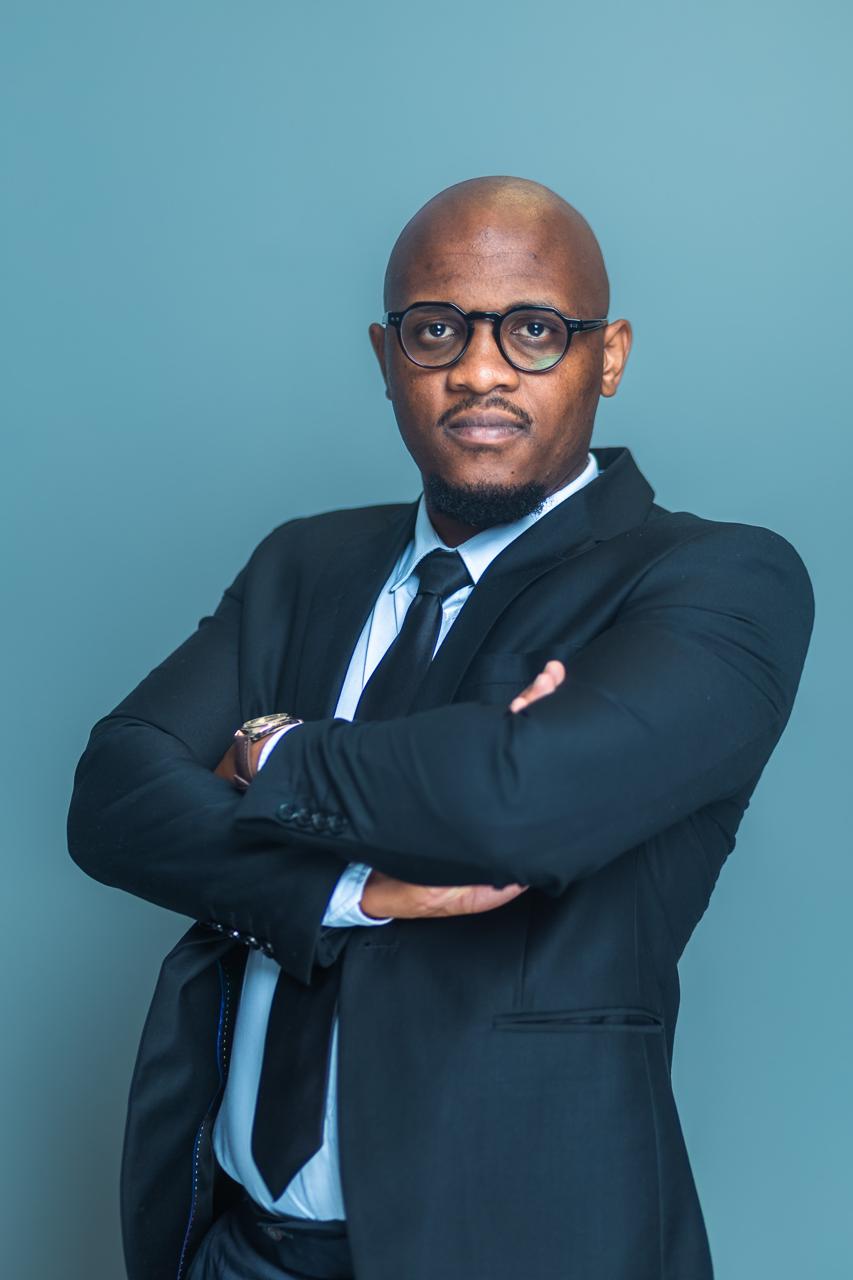
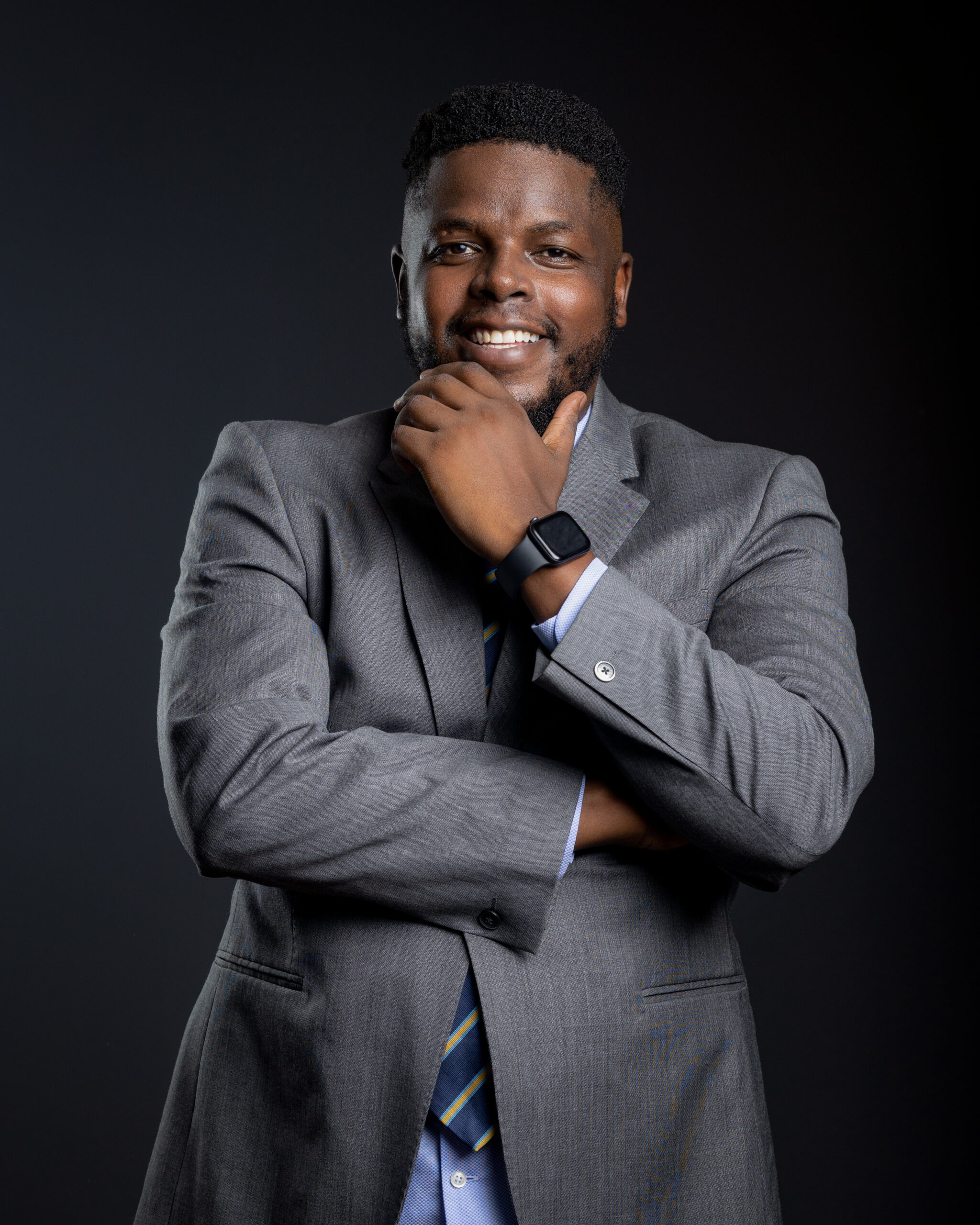
13 thoughts on “Malusi Gigaba’s Resurgence in Parliament: A Statesman’s Voice on the DRC Conflict and SANDF’s Role.”